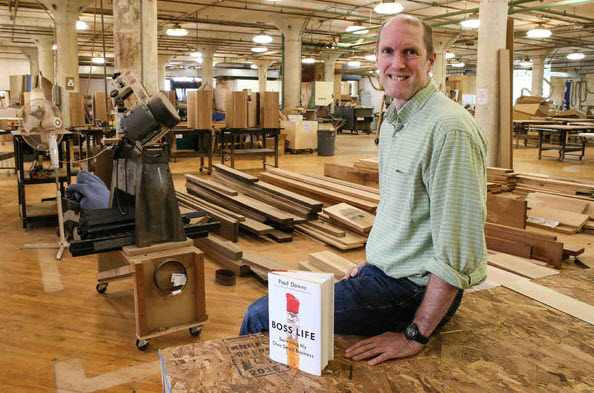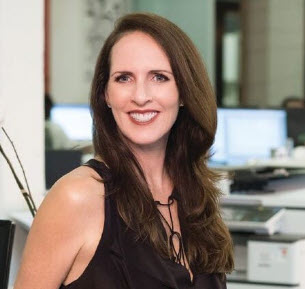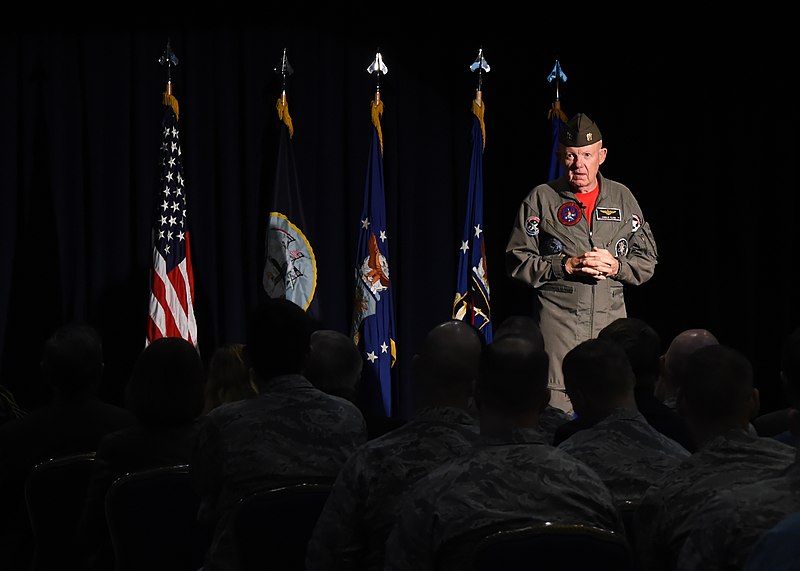Dame Stephanie ‘Steve’ Shirley has repeatedly stated, “I want to live a life worth saving.” Those who adore her will quickly say she has lived multiple lives worth saving after being saved from the Holocaust and transported by her mother from Austria to her newly-adopted country in England. Steve later became a visionary entrepreneur and a passionate and ardent philanthropist giving away millions to noble causes. Our topic is her 5-star book, Let It Go.
Interview Highlights and Questions
- The multiple meanings of the title, Let It Go
- England’s selfless and bold rescue efforts through Kindertransport
- Steve’s proudest moment of building a tech company of women programmers working from home that started in the 1960s and would eventually employ more than 8,000.
- Mark’s favorite consultant story of all time – Kit’s gift of £500 to Steve when her company needed it most.
- The 60-plus years of a special bond with Derek.
- In reflecting on Giles, autism, and business, can leadership do a better job at supporting employees who have dependents with special needs?
- Steve’s 11-year journey toward co-ownership with staff members.
- Meaningful and purposeful philanthropy.
It is unbelievable to think that at a time when women were not even recognised as equal in the workplace under law, Steve employed only women, all working from home and all working on complex public sector projects such as the black box for Concorde. No fluffy, lightweight contracts – hers were with government departments often dealing with issues of national security.
Shirley, Stephanie; Askwith, Richard. Let It Go (pp. vii-viii)

Mark’s Reflections on Let It Go
Every great story that inspires includes friction, hardship, and even despair at times of sorrow. Steve is a flawed hero who is transparent and was not afraid to pull back the current to reveal her weakest moments and actions in this hard-to-put-down memoir. That’s why I admire her honesty and humility. She’s the person I would have wanted to work for even though, ahem, I’m a guy.
I heard about Steve’s book through a podcast last year, and the main analysis of the book focused on the author’s business. Once I started listening to it, I was taken aback by Steve’s larger story–being saved from the Nazis and transported to England to be cared for by loving strangers.
I cannot fathom being a five-year-old and wondering why my mother would ship me to a foreign land with a foreign tongue. I’m sure it helped that her sister accompanied her, but the fear, loneliness, and solitude had to be overwhelming at times.
Steve survived her childhood, and she eventually reunited with her mother, but not without some ups and downs and the inability to bond with her parents.
One of the major inflection points early in her career was when she left a position at Computer Developments Limited, where she worked in the software group. Chapter 6 ends with, “It wasn’t just that I didn’t want to work there anymore. There was something else. I had an idea.” The next chapter started with, “I resigned the following morning.”
If only she knew. Her life would never be the same, and her influence would become immeasurably far-reaching for years.
Regarding those ups and downs, here are a few to whet your appetite for this satisfying manuscript:
- Continual cash flow issues in the beginning
- A consultant named Kit who enabled the company to meet an upcoming payroll
- The expanding business model of women programmers working at home with flex hours and the ability to job share
- The scaling-up period and continuous learning and experimentation
- The profit-sharing scheme that started but then landed
- The path to employee co-ownership
- Intelligent philanthropy standing on the foundations of wisdom and purpose
While the above bullet points are business-centric, this book is human. Steve had a wonderful marriage with Derek, but no union is perfect, and we learn some of the trials they experienced in her memoir. Still, this line stands out:
For more than 60 years, we have shared joy and sadness, adventure and routine, anxiety and contentment, and, above all, love. He remains the rock on which my life is built.
Shirley, Stephanie; Askwith, Richard. Let It Go (p. 60)
And then there is Giles, the only child of Derek and Steve. Giles was diagnosed with autism at a young age, and Steve describes him as ‘profoundly autistic’ who needed round-the-clock care.
If you’re a parent, there were parts of the book that were gut-wrenching, especially at the time leading up to moving him from one home to another. When you read the book, you’ll know exactly the part I’m describing–I can’t even force myself to type about the incident I’m alluding to.
As a father of three, none have preceded me in death. I cannot fathom any parent losing a child. Yet, we have a first-hand account of how that transpired in Steve’s life. While a very painful part of her life where the mental and emotional scars never fully healed, she did what most warriors do. She got back up and kept fighting and making a difference. I’m sure a thought she had as a younger version of herself kept popping into her head at this time …
I had lived through six years of the most devastating war in human history … I felt that I was committing myself to repaying all the generosity that English people had shown me: to living a life that was worthy of their kindness.
Steve Shirley
I could keep typing, but I fear I’d be rambling. I’ll end my reflections on this remarkable person by including one of my favorite lines in the book that points back to the title:
If you love something, let it go. If it is yours, it will come back to you; if not, it never really belonged to you in the first place.
Who Should Read Let It Go?
I could say everyone, but that would be too easy.
My short and favorite answer is that every CEO and excutive director should consider reading this book, especially startup founders who are exhausted and to realize they are not alone–at the office or at home.
This is the type of book that Bill Gates would probably love and the same for A.G. Lafley. If Peter Drucker were alive, I’m sure he’d read it too.
This is not a how-to book. It’s a memoir, and one that will inspire the innovative mind.
Bookclub Discussion Questions
I wish I would have read this book in the context of a book club. If you have that opportunity, jump at it. Here are some possible questions to address in your group:
- At the inception of Steve’s business, she only hired women. Do you believe women are still trailing their male counterparts in corporate leadership positions today, and why? What will lead to more change?
- Steve stated, “I was not just the victim of bigotry and cruelty. I was also the fortunate beneficiary of the unearned generosity of many people …” What unearned generosity have you earned in your life, and how have you repaid it over time?
- Be willing to talk about your favorite aspects of Steve’s business. What stood out the most in her business?
- Steve’s business model was built around freelance programmers. Yet, “Imperceptibly and unintentionally, we were becoming much more than freelance programmers. We were becoming experts in logistics and operational research.” As you look at the company you work in, what is your firm’s unique ability that may be overlooked?
- John Stevens plays a prominent role in this story. His ideas fueled and inspired Steve’s thinking about employee ownership. What are your thoughts on employee or co-employee ownership? Would it work in your company? Why or why not?
- Steve writes of Giles, “Our son was profoundly autistic and would never be able to lead a normal life.” Is your company doing enough to help and support staff members who have dependents with special needs? Or does this idea not mesh with your company’s purpose and core values?
- Near the last part of the book, Steve delineates the difference between charity and philanthropy. In your own words, what is the difference? Which of the two does your company focus on? Do you agree?
Important Links
If you ultimately read Steve’s book and enjoy it as much as I do, here are some more articles and videos you may enjoy (I certainly have):
- The Guardian – Kindness saved us from the Nazis. Now we must help child refugees
- Steve’s website
- Penguin Books interview with Steve
- NPR – How Dame Shirley Jumped Over Tech’s Gender Gap In The 1960s
- Spear’s – Dame Steve Shirley: ‘We owe something to the society that allowed us to flourish’
- Financial Times – Tech pioneer Stephanie Shirley: ‘I need to make the life that was saved worth saving’
Episode Pairings



A heartfelt ‘thank you’ to Lynn Hart for making this conversation a reality.

Leave a Reply